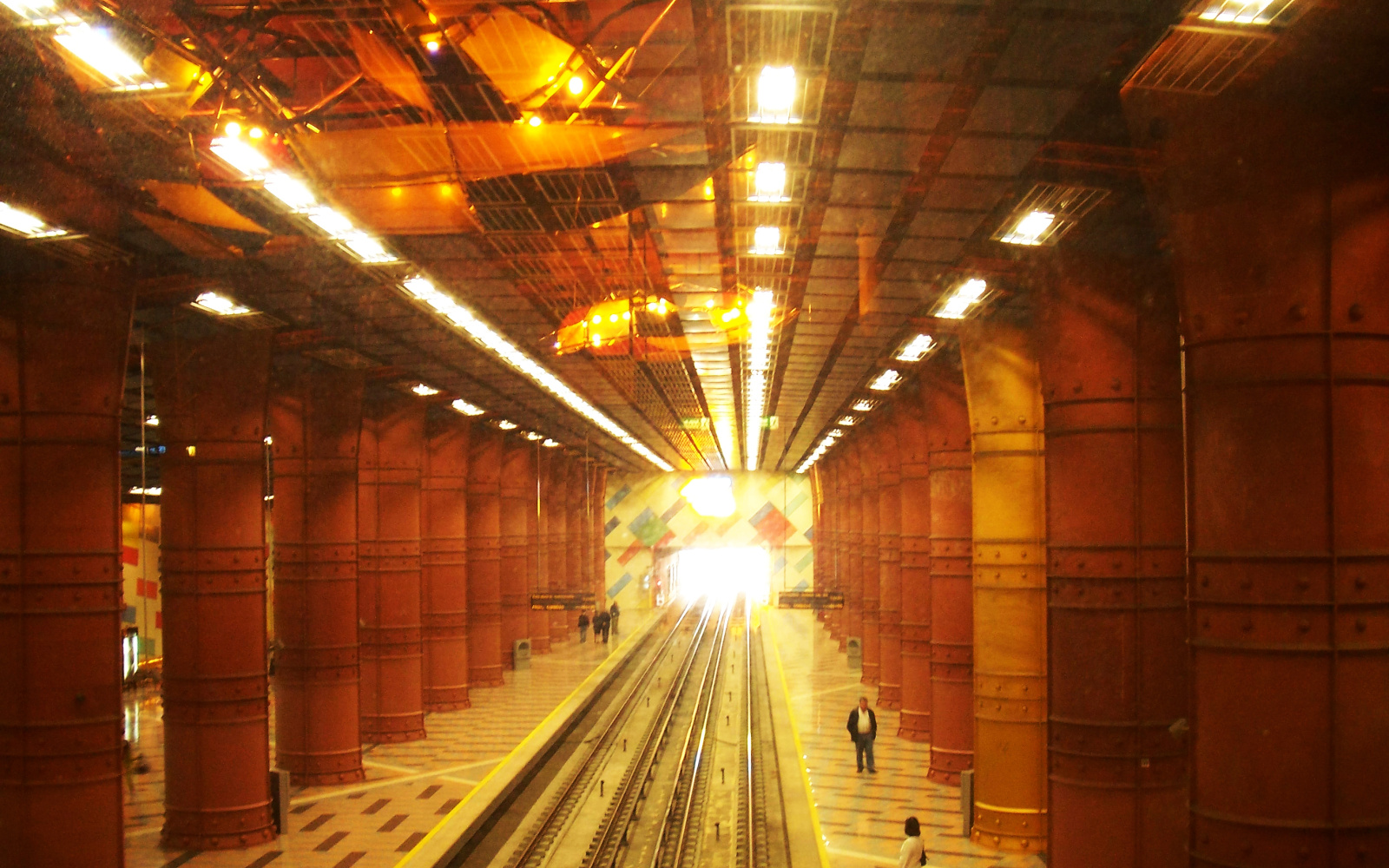Marko Rojnić
The Illusion of Reality of Cinematic Motion
In his attempt to refute illusionism in its entirety, and basing his argument on the assumption that cinematic motion is a response-dependent property, Currie (1995, 1996) made a bold and intriguing philosophical claim: that motion in film »is not an illusion«, but that film images »really do move«. By taking into account definitions of illusion, as well as counterarguments made by Kania (2002), I will try to prove that Currie's idea goes against the concept of (perceptual) illusion and thus that it should be rejected. First, I’ll offer semantic clarifications in order to differentiate various connotations of the term itself, given that the notion of illusion is multifaceted, ambiguous, burdened with lots of meanings, used in different contexts and often in allegorical or metaphorical sense. Secondly, I will provide three examples that contradict Carroll's (2008) supporting argument for reality of film movement, which states that something is a perceptual illusion only if we can detect it by using our ordinary perceptual abilities. Thirdly, basing my argument on a discussion of the illusion of light persistency or the illusion of a continuous illumination of the screen (Gaut, 2010; Turković, 2001), I’ll supply proof which suggests that Currie’s proposal that cinematic motion is »real« is evidently mistaken. Finally, this will lead me to argue that attributing the impression of motion both to flicker fusion and apparent motion (Bordwell and Thompson, 2008) does not seem to be correct, because each of these phenomena seeks its own psychological and physiological explanation.
Marko Rojnić has an MA in psychology from the University of Rijeka, an MSc in cognitive psychology from the University of Ljubljana, and an MA in film studies from the University of Kent. He is currently a PhD candidate in cognitive science at the Central European University in Budapest, and an adjunct lecturer in film studies at the University of Zagreb.
